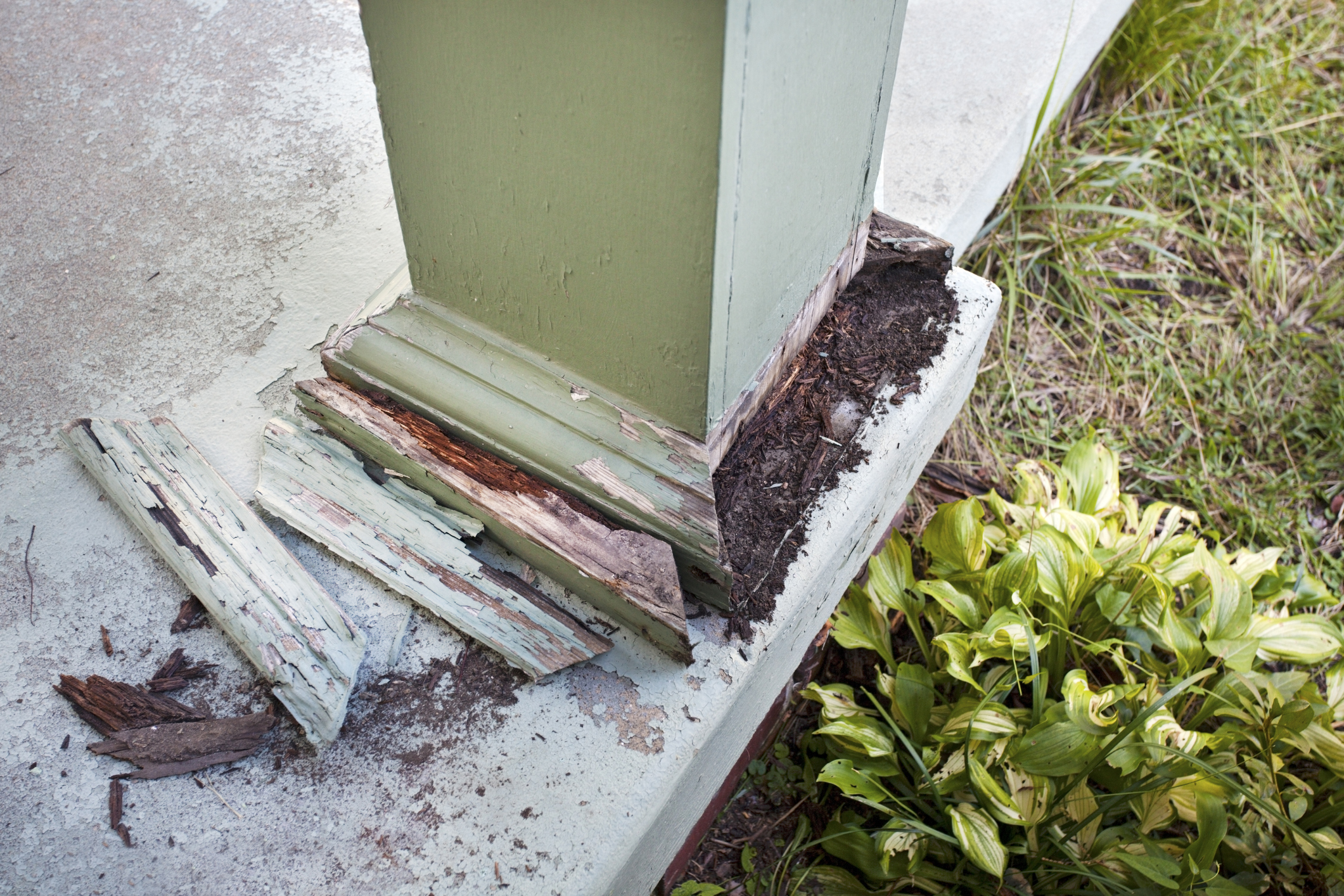“You’ve got termites.” That’s a diagnosis no homeowner wants to hear. Termites are among the most destructive pests on the planet, causing more than a billion dollars in damage each year in the United States. But there are also trained experts who can help. Here are five tips to help control a termite infestation:
- Look for Signs — Termites like moisture, so check the foundation, drain pipes and other places where water can collect. Keep an eye out for mud tubes about the diameter of a pencil or larger on the exterior of the structure. Colonies are below ground, and termites use the tubes to travel back and forth between their home and their food source.
- Determine the Nature of the Infestation — If caught early enough, some termites can be controlled without tent fumigation. Find out which insect is attacking your house and act accordingly.
- Consider Fumigating — There’s no avoiding a fumigation if the infestation is bad enough. For a proper tent fumigation, you’ll need to leave the house for at least 24 hours, but more likely 48 to 72 hours. (It largely depends on the size of your home, as well as the outdoor temperature.) Also take safety measures for your pets and indoor plants, since the chemicals are toxic.
- Prepare Your Home — A proper professional fumigation requires a tent around the entire structure of your home. To prepare, cut back plants around the foundation. If food and pantry items can’t be removed, they will either need to be unopened (cans and jars) or double bagged. Other precautions may be necessary as well.
- Inspect Annually — Termites swarm in the spring, but you aren’t likely to see them. Tap on wood siding and listen for a hollow sound. Look for cast-off wings from dead insects; if termites are present, there will likely be a lot of them. To ensure you’re thorough, hire a professional to perform a termite inspection once a year.
Ultimately, prevention is key. Water and wood draw termites, so do your best to minimize this combination. Make sure you have no leaky faucets, air conditioners or clogged gutters, and store firewood well away from your house if possible. Even dense vegetation near your home can create the moisture termites look for.

